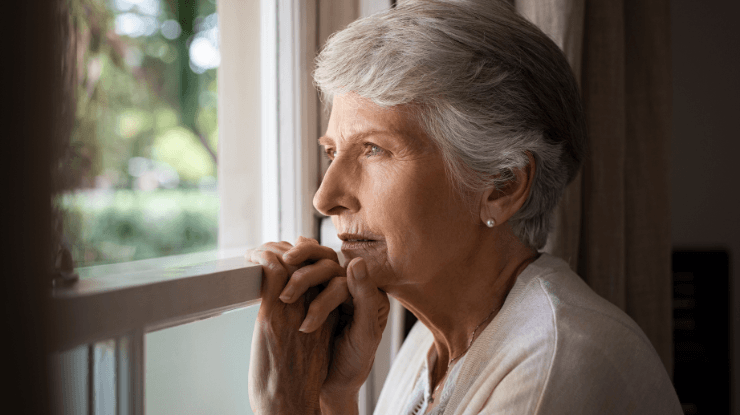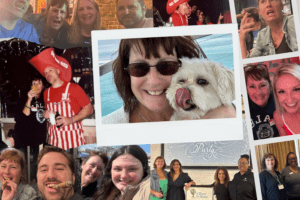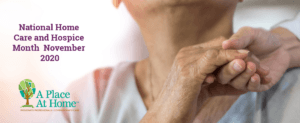
Loneliness is a significant source of suffering and reduced quality of life for adults over 60. Learn the top 8 signs of loneliness in seniors and how to help.
Prevalence of Isolation and Loneliness Among Seniors
Isolation and loneliness are becoming more common among seniors and older adults. The National Academies of Sciences, Engineering, and Medicine finds that one in four people over 65 feels socially isolated.
As people age, their social circle shrinks from the loss of friends, family, and mobility. Retirement, the death of a spouse, or moving can further exacerbate loneliness. Consumer Affairs says 14.7 million seniors live alone which also increases loneliness and isolation for seniors.
Emotional and Physical Health Concerns
Loneliness isn’t just a feeling; it can have severe implications for both emotional and physical health. Emotionally, it can lead to depression, anxiety, and a sense of hopelessness. Physically, symptoms of loneliness can manifest as sleep disturbances, increased blood pressure, weakened immune system, and a higher risk of heart disease. The CDC finds that social isolation increases the risk of dementia by 50%, heart disease by 29%, and stroke by 32%. In comparison, Consumer Affairs likens the effects of loneliness to smoking 15 cigarettes a day. It’s crucial to recognize these signs early to mitigate their impact.
Signs of Senior Isolation
To effectively support your elderly loved one, it’s important to recognize the signs of loneliness. Here are eight symptoms of loneliness:
- Withdrawal from social activities or hobbies they once enjoyed
- Neglecting personal hygiene or household maintenance
- Changes in appetite such as overeating or a decreased appetite
- Difficulty sleeping or sleeping too much
- Expressing feelings of sadness, hopelessness, or being a burden
- Increased irritability or mood swings
- Increased complaints about aches, pains, or fatigue
- Substance abuse – The National Institute on Drug Abuse reported that about 65% of seniors 65 years and older considered consuming a “high-risk” amount of alcohol in a week.
Proactive Measures to Combat Loneliness
A proactive and compassionate approach is necessary to combat loneliness in seniors. The best way to alleviate the effects of loneliness in older adults is to prevent it from starting. You can do this for your loved one by creating a daily routine that keeps them engaged.
If you’re past the point of prevention, encourage your loved ones to participate in community events, clubs, or religious activities. Regular social engagement can provide a sense of belonging and purpose. Modern technology makes it easier to stay connected. So, teach your loved one how to use video calls, social media, or even texting to keep in touch with friends and family. Visit them regularly, if possible. A consistent presence can significantly affect their overall mood and outlook. Encourage activities for the elderly that are suitable for their mobility level. Exercise can boost mood and create opportunities for social interaction.
Ensuring Social Connection and Mental Stimulation
Maintaining social connections and mental stimulation is vital for seniors facing loneliness. Engaging them in activities for the elderly that they enjoy, encouraging new hobbies, and taking them to community events can offer a sense of purpose and belonging. Simple actions like sharing meals or watching a favorite show together can also promote connection.
How Caregivers Can Help
In-home care providers, such as A Place At Home, can play a crucial role in alleviating loneliness and promoting a sense of belonging. They can provide companionship, help arrange social activities, and offer emotional support. Caregivers can also help identify the early signs of loneliness and take steps to address them before they escalate. They can tailor their care to the unique needs of your loved one, ensuring they are still socially connected and mentally stimulated.
Call A Place At Home for Help
If you’re considering additional support to help combat depression in the elderly, our customized in-home senior care plans at A Place At Home offer the personalized attention and companionship your loved one needs. Our compassionate caregivers are dedicated to ensuring your loved one stays socially connected and mentally stimulated, fostering a sense of belonging and happiness in their lives.
Find a location near you to begin.






